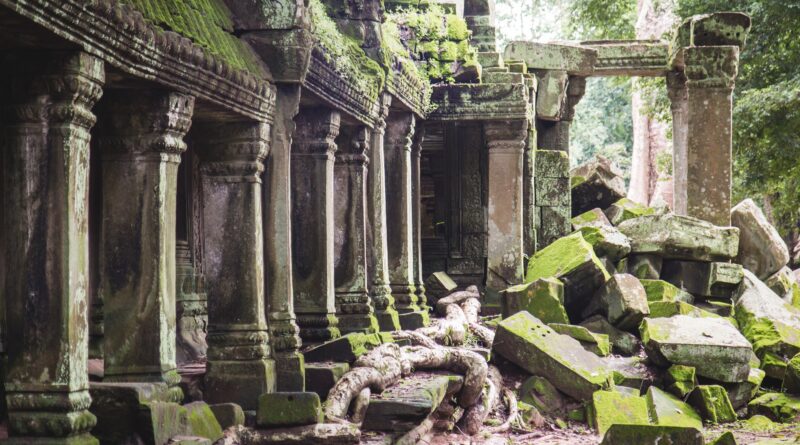Monuke no Kara (もぬけの殻 – Completely Empty)
Monuke no Kara
もぬけの殻
If there are completely no people in a building, the situation is called もぬけの殻 (monuke no kara) in Japanese.
建物などに人が全く居ない状態のことを、「もぬけの殻」と言います。
もぬけ “monuke” comes from the Japanese verb: もぬける (monukeru), which means that cicadas or snakes cast their shells/skins.
「もぬけ」は、蛇や蝉が脱皮することを意味する「もぬける」という動詞から来ています。
殻 (kara) means “shell” or “slough,” so “monuke no kara” originally meant “cicada shell” or “snake’s slough.”
「殻」は、”shell” を意味するので、「もぬけの殻」はもともと蛇や蝉の抜け殻を意味する言葉でした。
Later, this has come to be used for buildings where no one is present or containers with nothing.
これが、人間がいなくなった建物や、物が無くなった箱などにも使われるようになったというわけです。
Also, it is thought that も (mo) of “monukeru” comes from 身 (mi – body) or 裳 (mo – kimono/clothes), so “monukeru” implies that “one’s body leave” or “one leave by clothes.”
(Note that 抜ける(nukeru) of “monukeru” means to leave by somewhere.)
(Note that 抜ける(nukeru) of “monukeru” means to leave by somewhere.)
また、「もぬける」の「も」は、「身」や「裳(着物)」だと考えられており、「身が抜ける」や「着物から抜け出す」ことがこの言葉の語源だとされています。




